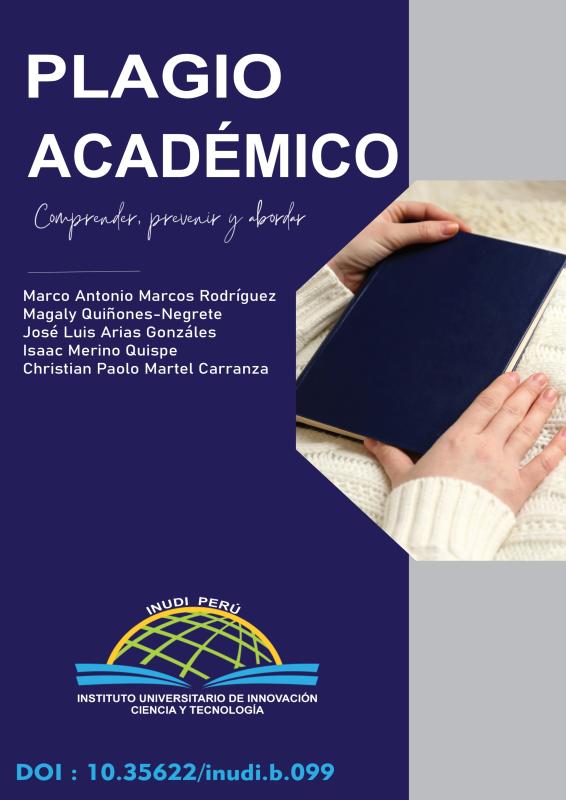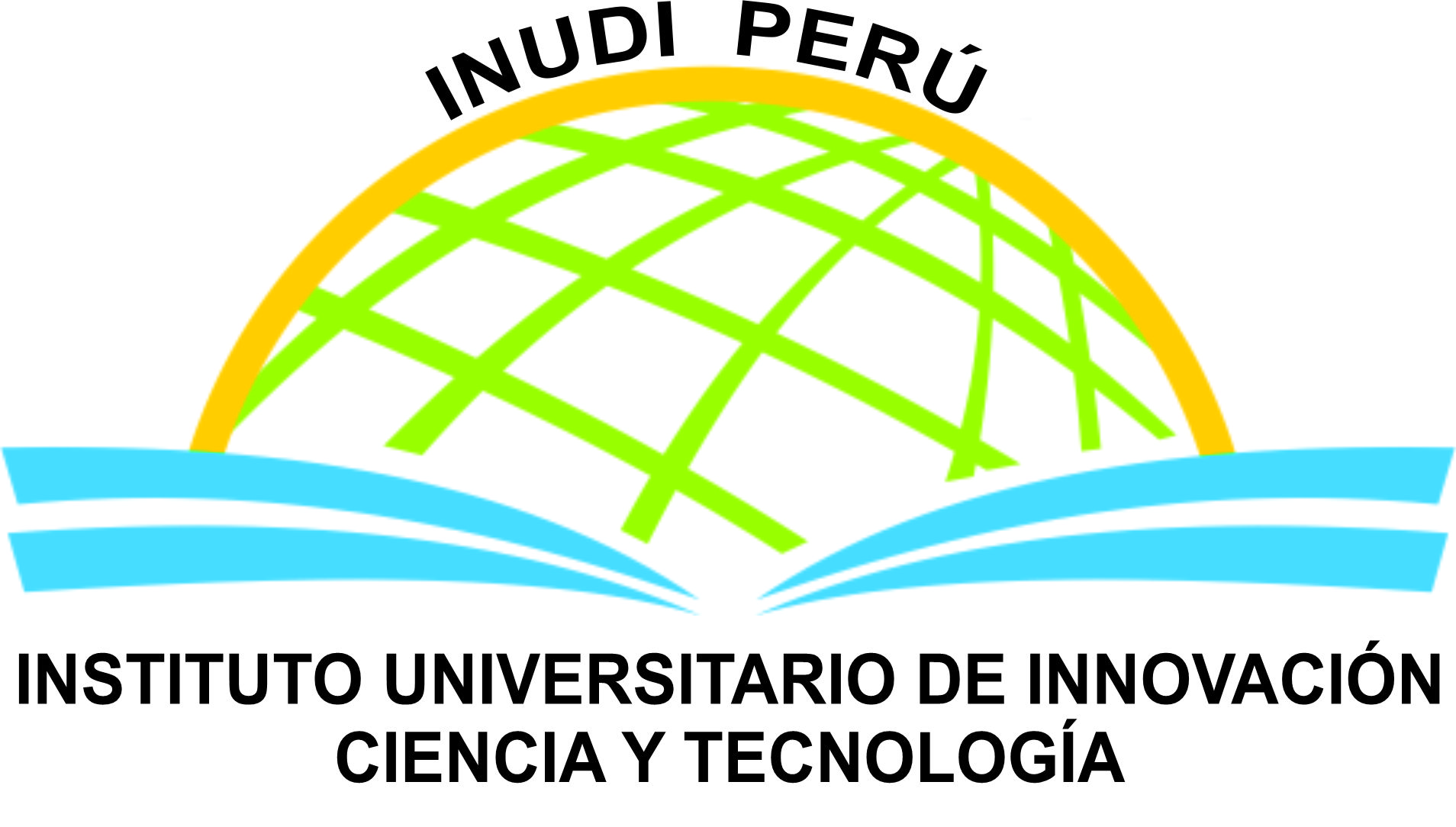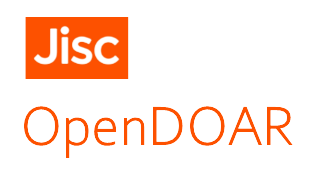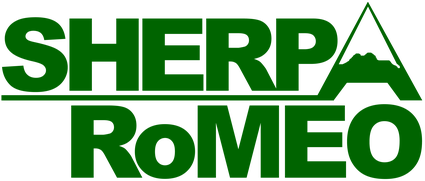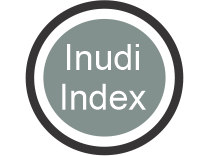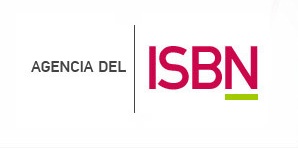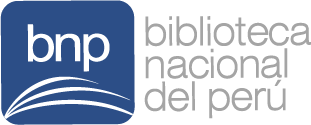Plagio académico: Comprender, prevenir y abordar
Palabras clave:
ética, investigación, metodología, plagioSinopsis
El plagio académico es un tema complejo y multidimensional que requiere una atención continua por parte de las instituciones educativas, los docentes y los propios estudiantes. La lucha contra el plagio implica la combinación de estrategias educativas, herramientas tecnológicas y políticas institucionales para fomentar la integridad académica, promover el pensamiento crítico y la creatividad, y garantizar la originalidad y el valor de la educación y la investigación. El libro busca detallar el fortalecimiento de la ética y la calidad del proceso educativo, preparando a los estudiantes para enfrentar los desafíos del mundo académico y profesional con honestidad, responsabilidad y rigor intelectual.
Referencias
American Chemical Society. (2020). ACS Style Guide: Effective Communication of Scientific Information (3rd ed.). American Chemical Society.
American Psychological Association. (2020). Publication manual of the American Psychological Association (7th ed.). American Psychological Association.
Bach, R. (2016). The Complete Guide to Referencing and Avoiding Plagiarism (2nd ed.). Open University Press.
Council of Science Editors. (2014). CSE's White Paper on Promoting Integrity in Scientific Journal Publications. https://www.councilscienceeditors.org/resource-library/editorial-policies/white-paper-on-publication-ethics/
Fishman, T. (2009). We know it when we see it is not good enough: Toward a standard definition of plagiarism that transcends theft, fraud, and copyright. In C. Eisner & M. Vicinus (Eds.), Originality, Imitation, and Plagiarism: Teaching Writing in the Digital Age (pp. 234-245). University of Michigan Press.
Greenberg, K., & Zapf, D. (2018). The Handbook of Plagiarism. Oxford University Press.
Gullifer, J., & Tyson, G. A. (2014). Exploring University Students' Perceptions of Plagiarism: A Focus Group Study. Studies in Higher Education, 39(2), 1-18. doi:10.1080/03075079.2011.557588
Kock, N. (2021). A Step-by-Step Guide to Structural Equation Modeling (3rd ed.). Routledge.
Mattern, E. (2015). The Tangled Web of Plagiarism. Reference & User Services Quarterly, 55(1), 43-49.
Mayer, R. E. (2008). Applying the science of learning: Evidence-based principles for the design of multimedia instruction. American Psychologist, 63(8), 760-769.
McCabe, D. L., Butterfield, K. D., & Trevino, L. K. (2012). Cheating in college: Why students do it and what educators can do about it. JHU Press.
Owens, W. A., & White, L. L. (2020). Cheating in academic institutions: A decade of research. Journal of Academic Ethics, 18(2), 169-181.
Pecorari, D. (2016). Academic writing and plagiarism: A linguistic analysis. Bloomsbury Publishing.
Roig, M. (2010). Plagiarism and self-plagiarism: What every author should know. Biochemia Medica, 20(3), 295-300.
Scanlon, P. M., & Neumann, D. R. (2002). Internet plagiarism among college students. Journal of College Student Development, 43(3), 374-385.
Seale, C. (2013). Social research methods. Routledge.
Sutherland-Smith, W. (2008). Plagiarism, the Internet and student learning: Improving academic integrity. Routledge.
Teixeira, A. A., & Rocha, A. (2020). Academic integrity in higher education: Issues, challenges, and solutions. IGI Global.
University of California, Davis. (n.d.). Academic Integrity and Plagiarism. https://academicintegrity.ucdavis.edu/
Walker, J. (2010). The ethical dimension of plagiarism. Assessment & Evaluation in Higher Education, 35(1), 43-55.
Yeo, S., & Chua, S. (2020). Plagiarism detection techniques: A review. Information Processing & Management, 57(2), 102082.
Alaminos, A. L. (2018). The role of online tools for plagiarism detection: A systematic literature review. Computer Applications in Engineering Education, 26(3), 456-471.
Brimble, M., & Stevenson-Clarke, P. (2005). Perceptions of tertiary students of cheating and plagiarism in academic work and assessment. Assessment & Evaluation in Higher Education, 30(2), 151-166.
Carroll, J., Howard, P., Vetere, F., Peck, J., & Murphy, A. (2008). The creation and enforcement of a code of conduct for cyberspace. International Journal of Human-Computer Studies, 66(12), 933-942.
Dawson, P., & Sutherland-Smith, W. (2018). Who cares about academic integrity? Perspectives of students and staff in a university business school. Journal of Academic Ethics, 16(3), 227-244.
De Oliveira Neto, J. D. (2016). Plagiarism detection in academic texts: Investigating the role of language and structure features. Computers in Human Behavior, 62, 437-447.
Park, C. (2003). In other (people's) words: Plagiarism by university students—literature and lessons. Assessment & Evaluation in Higher Education, 28(5), 471-488.
Pennycook, A. (1996). Borrowing others' words: Text, ownership, memory, and plagiarism. TESOL Quarterly, 30(2), 201-230.
Pupovac, V., Bilic-Zulle, L., & Petrovecki, M. (2008). Plagiarism in scientific papers: The other side of the story. Biochemia Medica, 18(3), 270-275.
Rennie, S. C., & Crosby, J. R. (2001). Are "tomorrow's doctors" honest? Questionnaire study exploring medical students' attitudes and reported behaviour on academic misconduct. BMJ, 322(7281), 274-275.
